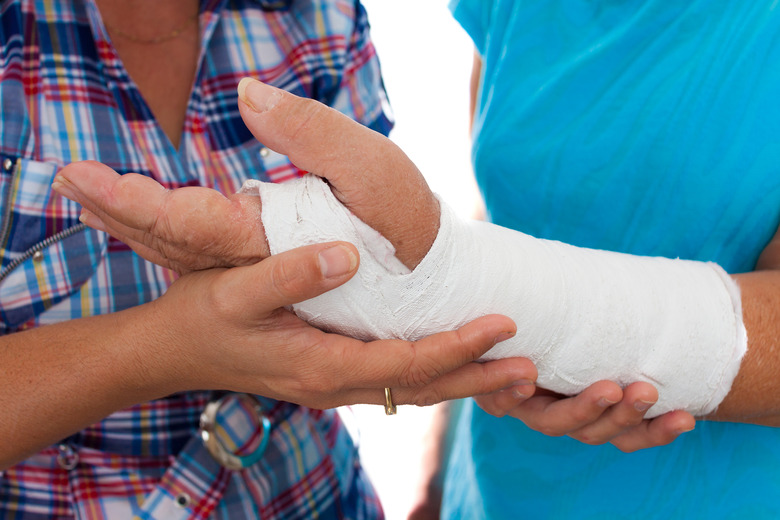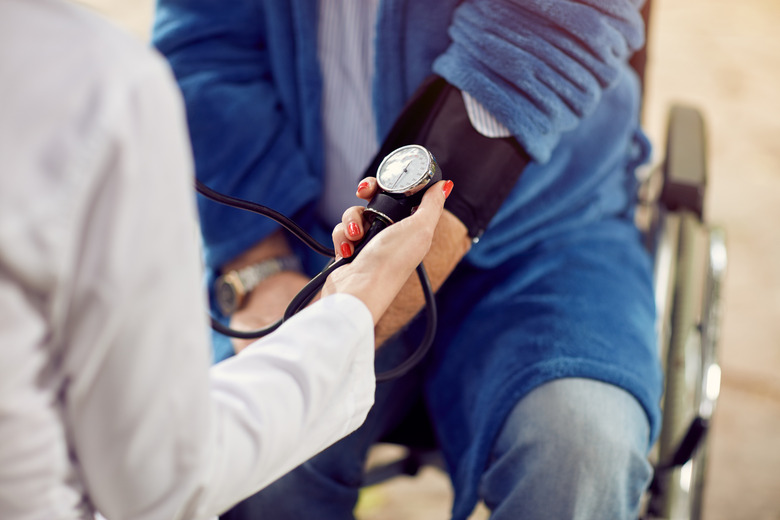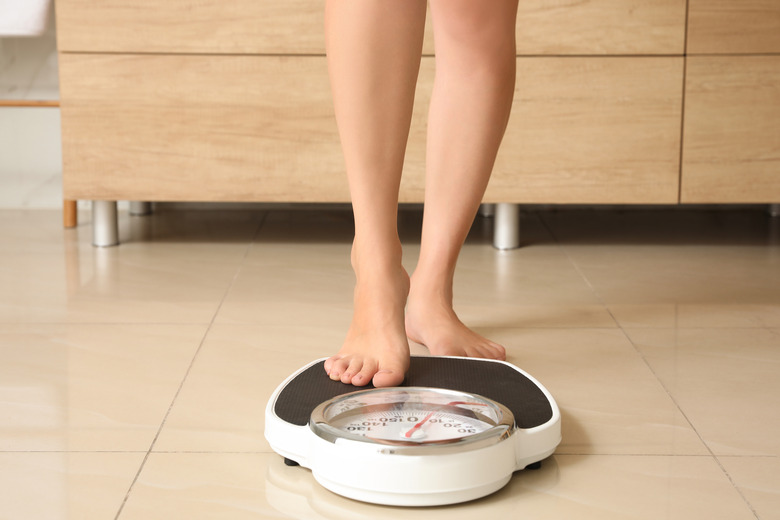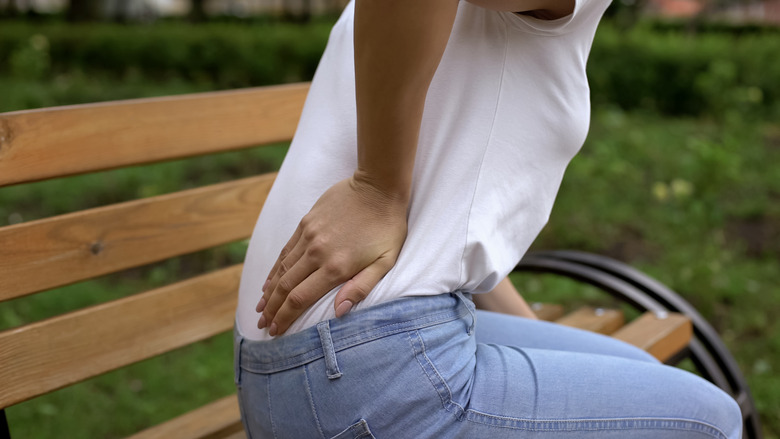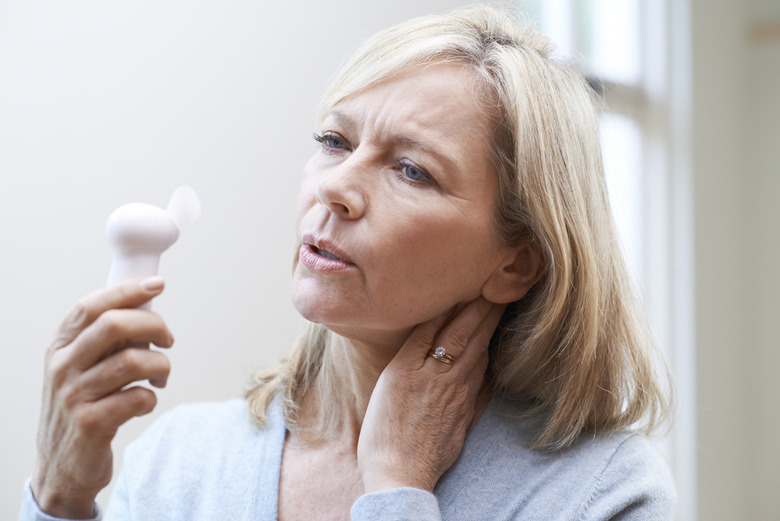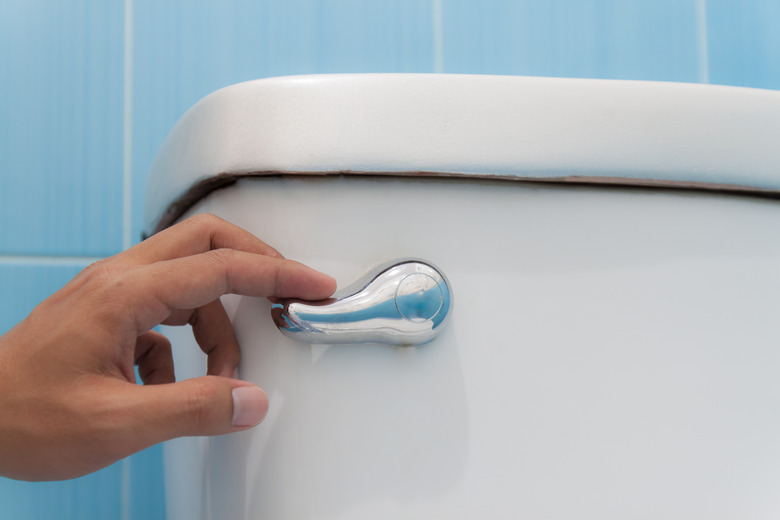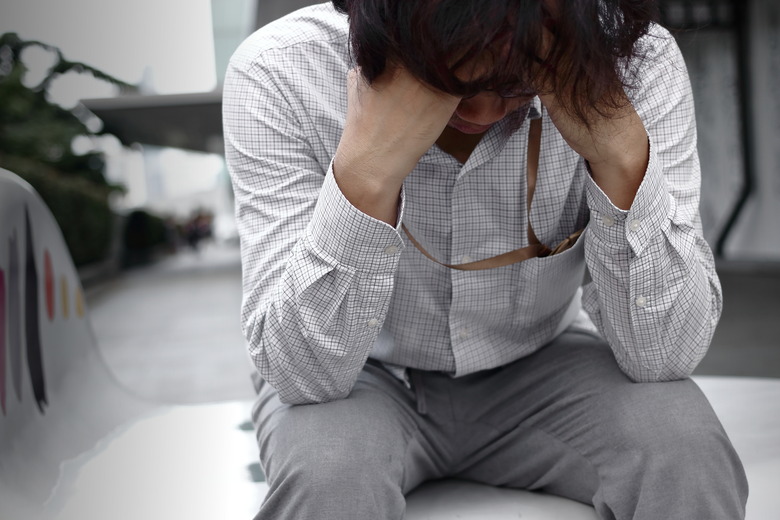Things You Didn't Know Caffeine Does To Your Body
Are you the type of person who needs to have their latte, cappuccino or macchiato in the morning? Do you need an energy drink to keep you alert during your work day? One thing these drinks all have in common is caffeine. Caffeine is a natural stimulant that is commonly found in coffee and energy drinks, but is also present in tea, cacao plants and some medications. It is recommended that caffeine intake not exceed 400 milligrams a day, according to Julia Zumpano, a dietitian from Cleveland Clinic. Depending on your tolerance for caffeine, you might not realize the effects it may be having on your body.
Protects your liver from disease
Studies have shown that coffee and tea drinkers have significantly decreased risks of chronic diseases of the liver. Coffee can also reduce the number of liver enzymes and may help offset fibrosis, which is the scarring of the liver in response to injury.
Affects your central nervous system
Caffeine is a central nervous system stimulant and binds to adenosine receptors in your central nervous system. Adenosine is what helps you feel drowsy when it's time to go to sleep. Caffeine can interact with the same brain receptors as adenosine and block the hormone, leading you to feel awake and alert.
Harms your pregnancy
There are many things that pregnant women should add to their diet, but caffeine isn't one of them. Caffeine is not recommended if you're pregnant given it can elevate blood pressure and heart rate. Even though you may have great tolerance for caffeine, your baby does not. Your baby's metabolism is still maturing and this can affect their sleep or movement patterns in later stages of pregnancy.
Affects calcium absorption
Be mindful of how much caffeine you ingest because there is a study that shows it may interfere with calcium absorption. Because high consumption of caffeinated beverages have been linked to lower milk intake, it may lead to reduced bone mass and increase your risk of fractures. However, on its own, the negative effect of drinking caffiene is small enough to be fully offset by as little as a few tablespoons of milk. Make sure you take a look at recipes that use milk and try to incorporate them into your diet.
Helps improve memory
Coffee can help fight memory loss. There have been studies that show that caffeine stimulates your brain function and may reduce the risks of Alzheimer's and Parkinson's disease. Caffeine has properties that improve mental alertness and short-term memory. Coffee in particular is rich in antioxidants that are shown to help with the mental aging process.
Elevates blood pressure
Due to its stimulatory effect on the nervous system, caffeine may temporarily elevate your blood pressure. Though small doses of caffeine aren't harmful, you still may want to be careful of your caffeine intake. But caffiene is far from the only foods and drinks putting your blood pressure through the roof.
Improves endurance performance
Studies have shown that caffeine can improve an athlete's endurance. In one study, a group of cyclists that had caffeine in their system performed better than the group of cyclists relying on carbs as a source of energy. The caffeine was effective in reducing the rate of fatigue. Carbs are also a great source of energy, but be sure to look out for the signs that you're eating too many carbs.
Relieves headaches
There are some properties in caffeine that can relieve tension-type headaches, however, daily exposure to the chemical can cause your brain to develop tolerance to it. This could also lead to dependency on caffeine, and when those needs aren't met, you can experience headaches as a withdrawal syndrome. Not only are headaches a symptom of caffiene withdrawal, they are also one of the signs you don't drink enough water.
Stains or damages teeth
Large consumption of caffeine, whether it's through drinking coffee or soda, can affect your oral health. Drinks that contain caffeine can cause the teeth to have yellowish or brownish stains. But caffeine also wears down the enamel that protects your teeth, leading to tooth sensitivity along with discoloration. This is one of the many reasons you should finally stop drinking diet soda.
Prevents weight gain
There are many foods that are great for weight loss. Caffeine is a natural stimulant that may boost your metabolism and reduce your appetite, lowering the number of calories you eat throughout the day and preventing weight gain. Caffeinated coffee also reduces levels of the hunger hormone ghrelin.
Lowers risk of kidney stones
There is research that shows that caffeine intake can reduce the risk of kidney stones. Since caffeine is diuretic, meaning it helps you urinate frequently, it can increase urinary calcium excretion and prevent crystallization of calcium stones and other stones that can form in your kidneys. However, drinking too much caffeine can lead to kidney stones. Kidney stones are also a surprising sign you're eating too much salt. You must keep a healthy balance of water intake while consuming caffeine to help increase urinary calcium excretion.
Exacerbates menopause symptoms
Women who are going through menopause may experience more sensitivity to caffeine. It can trigger anxiety and nervousness. Hot flashes are a known symptom of menopause and caffeine stimulates increased heart rate, which can enhance the body's temperature, increasing the hot flashes.
Increases frequency of urination
Have you ever noticed that you tend to use the restroom more often when you drink two or three cups of coffee or tea? Caffeine is a diuretic which causes you to urinate frequently and get rid of any excess fluid. However, if you're a regular coffee drinker, you can develop a tolerance to its diuretic properties.
Causes insomnia
Caffeine may interfere with your sleep schedule. Because caffeine can interact with brain receptors that help you feel sleepy, people who experience signs of insomnia or have trouble sleeping should reduce their caffeine intake or cut it off by early afternoon to avoid sleep problems.
Increases anxiety
Caffeine causes alertness while also triggering adrenaline, which can mimic the symptoms of anxiety. Depending on the amount of caffeine you consume and your sensitivity to the chemical, you may experience nervousness, restlessness and increased heart rate. But as long as you consume caffeine in moderation, it may be able to help you through some changes your body experiences after 50.
More from The Daily Meal:
The Healthiest and Unhealthiest Creamers for Your Coffee
Diet Mistakes You're Making Before Noon
Common Home Mistakes That Could Be Making You Sick
Heart Healthy Foods to Add to Your Diet
Starbucks Secret Menu Items and How to Order Them Like a Pro




